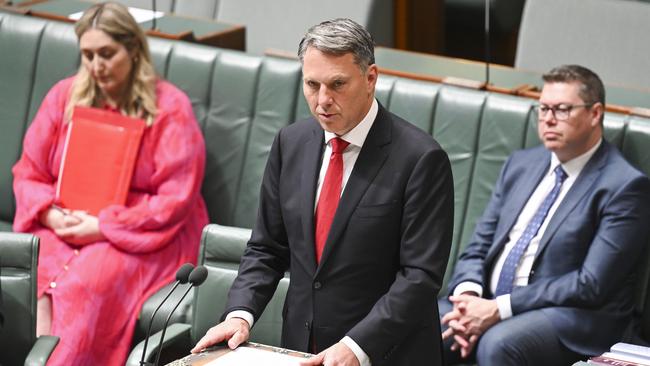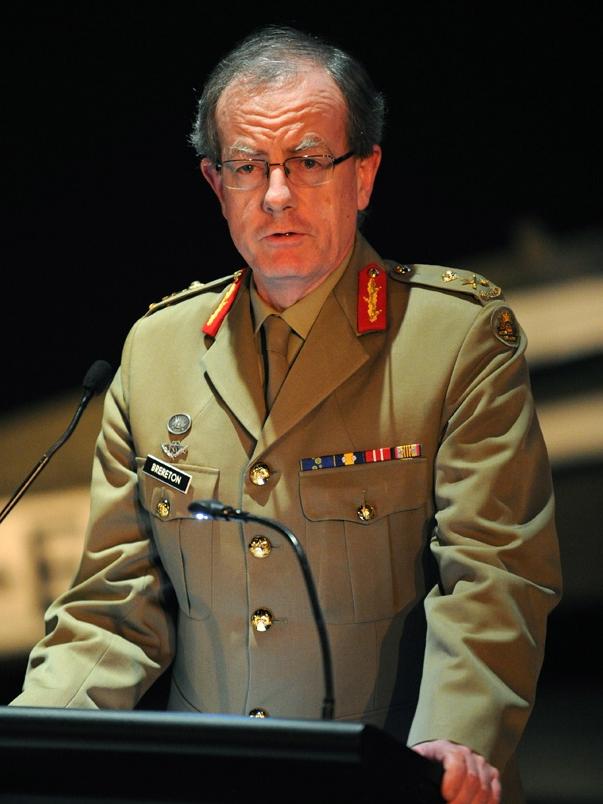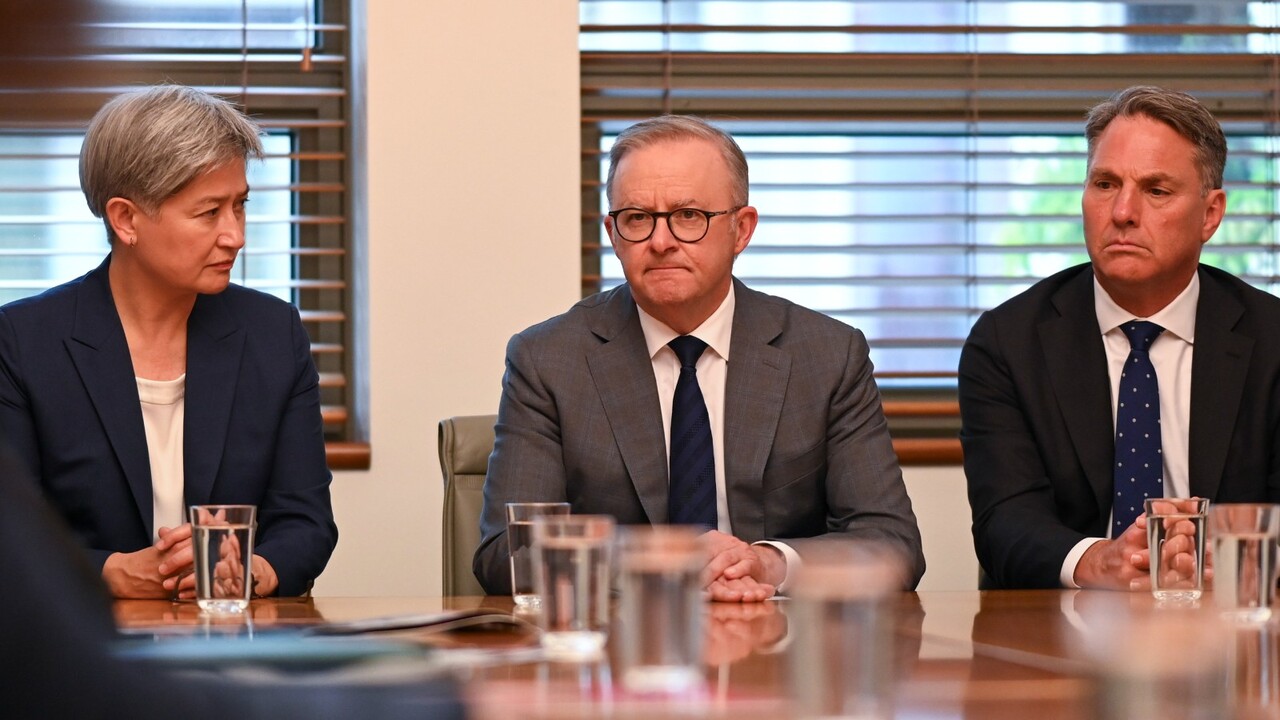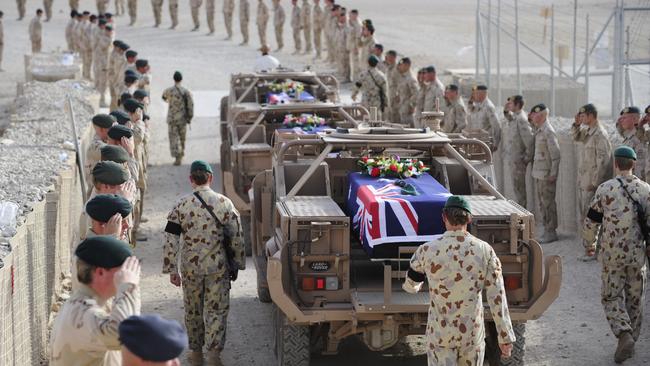
The first is the government has “formally closed”, “formally concluded”, “finalised” and “closed out” the matter. According to Marles’s statement in parliament, the government has “met this challenge”. Not a chance!
Significant, unfinished business remains, most particularly on how government and Defence address the reasonable concern that senior leaders have gotten off without close scrutiny.
Marles’s second claim is, sadly, true. He followed “to the letter” Major General Paul Brereton’s recommendations from his 2016-20 inquiry into alleged war crimes. More on this point later.
Brereton identified 36 incidents involving the alleged illegal killings of 39 Afghans between 2009 and 2013. These involved 19 members of Australian Special Forces. (For context, more than 26,000 ADF personnel served in Afghanistan.)
It is a national tragedy that the alleged appalling behaviour of such a tiny group has come to define the service of a generation of military personnel. Moreover, in our current mood of national flagellation, the government says the entire nation is somehow blameworthy. Marles told parliament: “This will always be a matter of national shame.”

What nonsense. Australian military, police and civilians went to Afghanistan at government direction and fought hard but with decency to stabilise the country against an Islamist ideology driving global terrorism.
We should take pride that Australia investigates allegations of wrongdoing. It’s not the fault of those who served that this has taken a decade with years to go.
These processes punish soldiers and junior officers, forcing them to live under charges not yet heard, suffering undisclosed Defence “administrative action” for events that may or may not have happened.
Fresh evidence must be gathered for trials to take place. With Afghanistan under Taliban rule will it ever be possible to reach a final outcome? Young soldiers will be middle-aged by the time justice is done. Marles has written to a small number of officers – captains, majors and lieutenant colonels – who were in the Special Forces chain of command in Afghanistan. They are about to lose a medal, the Distinguished Service Cross.
Note that according to Marles, “this is not an allegation of wrongdoing on behalf of those who receive medals”. Major General Brereton says these people are not at “personal fault”. Crimes were hidden from commanders, but the incidents “happened ‘on their watch’ ”.
So, junior officers are being punished today for proximity to the alleged war crimes of their subordinates, who may never go to trial. It seems no one above the rank of lieutenant colonel has been sanctioned. Major General Brereton found that higher commanders in the Middle East were “not positioned, organisationally or geographically, to influence and control SOTG (that is, Special Forces) operations.”

As for senior leaders in Australia, Major General Brereton says that “not for want of trying”, he did not find any signs that people might have known of war crimes. They “responded appropriately and diligently when relevant information and allegations came to their attention, and to have made persistent and genuine endeavours to find the facts”.
Brereton’s overwhelming focus was on allegations of misdeeds in Afghanistan. His inquiry offers much less on Defence higher command and almost nothing on the political leadership of the war. At worst, Brereton says Defence suffered a type of “wilful blindness” to the risk of war crimes. His recommendations were passed to a departmental group called the Afghanistan Inquiry Reform Program.
The AIRP developed a framework to test how well Brereton’s wider reform recommendations were implemented. Ratings were scaled from “worse” (a “dis-benefit”), through to “no change, minor, moderate, major and transformative” levels of change.
How did Defence rate its own reform performance? Based on the official “closure report” nothing was said to have gotten worse, but nor was anything “transformed”. I counted 14 ratings of a minor improvement, 32 moderate and 14 major improvements. For example, Brereton recommended Defence should examine how well it engaged with government. Did it provide frank and fearless advice? Were “contesting and challenging different military options” offered to ministers?
To address that recommendation Defence appointed a major general to do yet another review, published in 2016: Afghanistan: Lessons from Australia’s Whole-of-Government Mission.
This review offered 17 lessons, including the worthy judgment that “an understanding of risk in all its dimensions – policy, cost and personnel – should be factored into advice to government”.
Another recommendation was that “international interventions will require a strong policy base from which to maintain a strategic level of analysis”.

After that investigation Defence “closed out” its action with a “moderate” score: “The analysis highlighted many opportunities for improvement that are being acted upon.”
There is page after page of similar language. Following our biggest war in two generations, 47 service deaths, hundreds of people injured, billions of dollars spent and thousands of Afghan combatants killed, there has been no serious senior Defence consideration of the strategic lessons from the conflict. And no attempt to explain how higher command operated.
We need less blather about the “journey” of “cultural change” and a harder look at how Defence and government direct the ADF in war.
Instead, Defence has all but abandoned the public square and will not engage the media; indeed, it no longer has a named public affairs spokesman.
Senior military and civilian leaders hardly ever deliver substantive speeches. They appear reluctantly at Senate committee hearings, working hard to deliver as little information as possible. Official documents contain less and less substance. Security classifications hide much of what should be made public.
This is the context of Richard Marles’s decision to just “follow the letter” of Major General Brereton’s report. No need for updated or different thinking. No imagination. No intellectual effort.
This outcome is deeply unjust for those caught in the limbo of bureaucratic processes taking longer than the war itself.
The whole business undermines the idea of military service. No wonder people are leaving Defence. Would you serve in an ADF where this is the leadership its political, military and public service masters offer?
Governments – prime ministers, ministers, the National Security Committee – try to be distanced from all of this. When do they account for the wars they order Defence to fight?






Defence Minister Richard Marles wants you to believe two things about the government’s handling of allegations concerning Australian war crimes in Afghanistan.